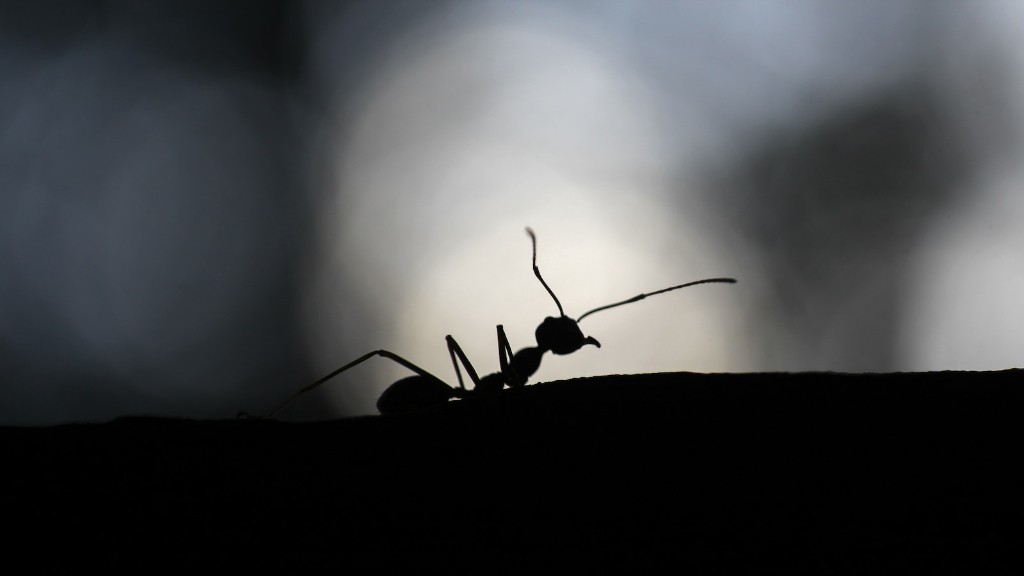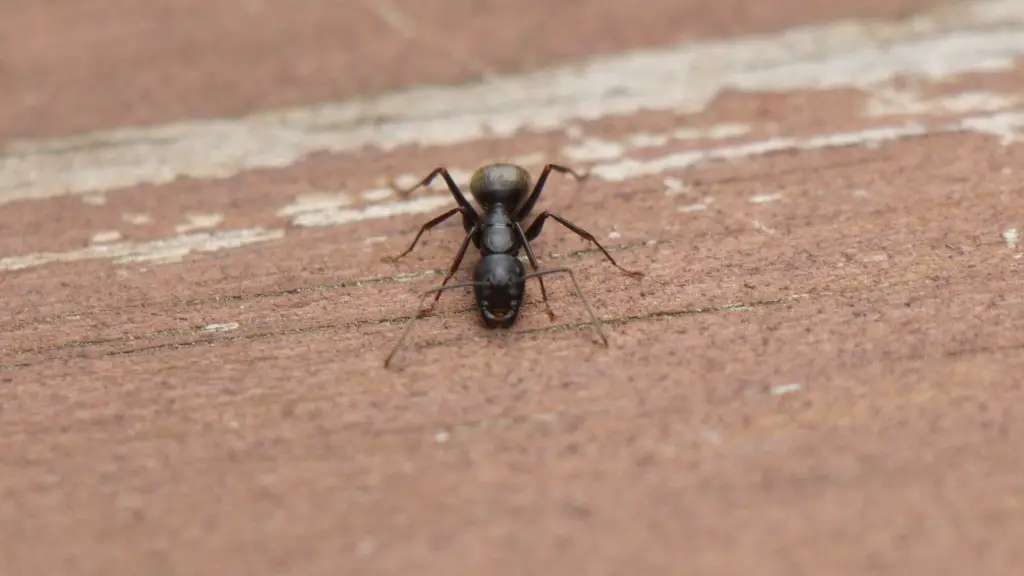Summer is here, and unfortunately, it looks like it is bringing the annual problem of ants along with it. During the summer, the heat and humidity can provide the perfect environment for ants to thrive, leaving homeowners with a mess. Whether you find them inside your house, or scattered across patios and decks outside, ants are most unwelcome visitors. There are a few things you can do to try to control the ant population, but why are ants so bad this year?
A few factors have contributed to a particularly bad year of ant infestations. First, the warm temperatures have been conducive to a much larger than usual ant population. They reproduce quickly and easily in these perfect conditions, leading to larger colonies and more visible notices of the presence of the ants. Another reason this has been a particularly bad ant season is due to the fact that there has been an increase in rain this year. Rain is one of the main factors that affect the ant population, as it provides them with a steady of source of moisture, food, and shelter. This has allowed for the ants to rapidly spread in both size and range, leading to what many are calling a particularly bad ant year.
Experts in pest control believe that the key to controlling ant infestations is a combination of baiting and extermination. Baiting is the process of placing ant bait around problem areas in order to attract the ants and then using an insecticide to kill them. This should be done in areas that are likely to attract ants, such as near garbage cans, water sources, and other places they like to nest. Extermination involves spraying a contact insecticide directly on the ants in order to immediately kill them. However, it is important to remember that the most effective way of controlling ant populations is by completely eliminating their food sources and access points. This can be done by sealing off entryways, cleaning up spilled food sources, or removing any debris that could be attractive to ants.
In addition to baiting and extermination, it is also important to keep in mind that having an understanding of ant behavior is key to properly controlling an ant infestation. Ants are highly organized and motivated creatures, and understanding the reasons they are attracted to certain areas and the purpose of their movements helps to determine the best baits and extermination methods. Knowing this can help you to eradicate the ant colony at its source – and make sure it won’t be a problem again next summer.
Alternative Solutions
There are also a number of alternative solutions to controlling ant infestations without the use of chemicals. For instance, some homeowners have found success using natural repellents such as crushed pepper, vinegar, and citrus oils. These can be placed around problem areas, as the smell will often discourage the ants from coming back. Additionally, there is some evidence to suggest that certain plants can act as a natural repellent. Mint and basil plants are often used, as their smell can be distasteful to ants. However, these methods alone cannot completely eradicate an ant infestation and are best used in combination with baiting and extermination methods.
Spring Preparation
Though this year has been particularly challenging for those dealing with ant infestations, it’s important to remember that preparation for the spring is key. Since warmer temperatures bring an increase in ant populations, it is important to take preventative measures. Make sure to seal off any possible entry points in and around your home, as well as monitor any potential food and water sources. This can help to limit the ant’s access to food, water and shelter and reduce the chances of a large infestation. Additionally, inspect potential problem areas such as porches and decks, and check for any existing nests or colonies that may already be present.
Home Remedies
Finally, if you find yourself dealing with an ant infestation this summer, there are a number of home remedies that people have been using to help control the populations. Many have found success using a mixture of boiling water and dish soap spread around the affected area, though care should be taken to ensure no one is exposed to the chemicals and that pets are not able to access the area. Additionally, one solution is to apply a white vinegar and baking soda solution to affected areas, as ants have an aversion to the smell of vinegar and baking soda has a desiccant effect, making the ant’s environment dry and uncomfortable.
Expert Advice
Though there are a number of solutions for tackling ant infestations, it is important to remember that the best method is to seek the advice of a professional pest control expert. These experts will be able to provide tailored advice and solutions, as well as provide expert solutions such as baiting and extermination. Additionally, these professionals can provide information and solutions for both short-term and long-term solutions to the problem, ensuring that the infestation does not become a long-term problem.
Prevention
The best way to deal with an ant infestation is to prevent it before it occurs. The most effective way of doing this is by making sure that your home is clean and secure, as well as by keeping a lookout for ant nests or colonies in the spring. Additionally, it is a good idea to inspect problem areas such as porches and decks regularly and monitor other potential entry points. This will help to reduce the chances of an infestation and make sure that you are well prepared for next summer.
DIY Solutions
For those who would prefer to tackle their ant infestation on their own, there are a number of DIY solutions that can be used. In addition to natural repellents and home remedies mentioned above, there are also a number of over-the-counter solutions that can be purchased. These pesticides can be used to target ant colonies and can often be used in conjunction with baiting and extermination techniques. However, it is important to take care when using these solutions, as some of them can be toxic to humans, animals, and the environment.
Professionals
Finally, it is important to remember that the most effective way of controlling an ant infestation is to seek professional help. These experts can provide tailored advice and solutions, as well as provide expert solutions such as baiting and extermination. Additionally, these professionals can provide information and solutions for both short-term and long-term solutions to the problem, ensuring that the infestation does not become a long-term problem. This is the best way to ensure that your ant problem is taken care of quickly and effectively.


